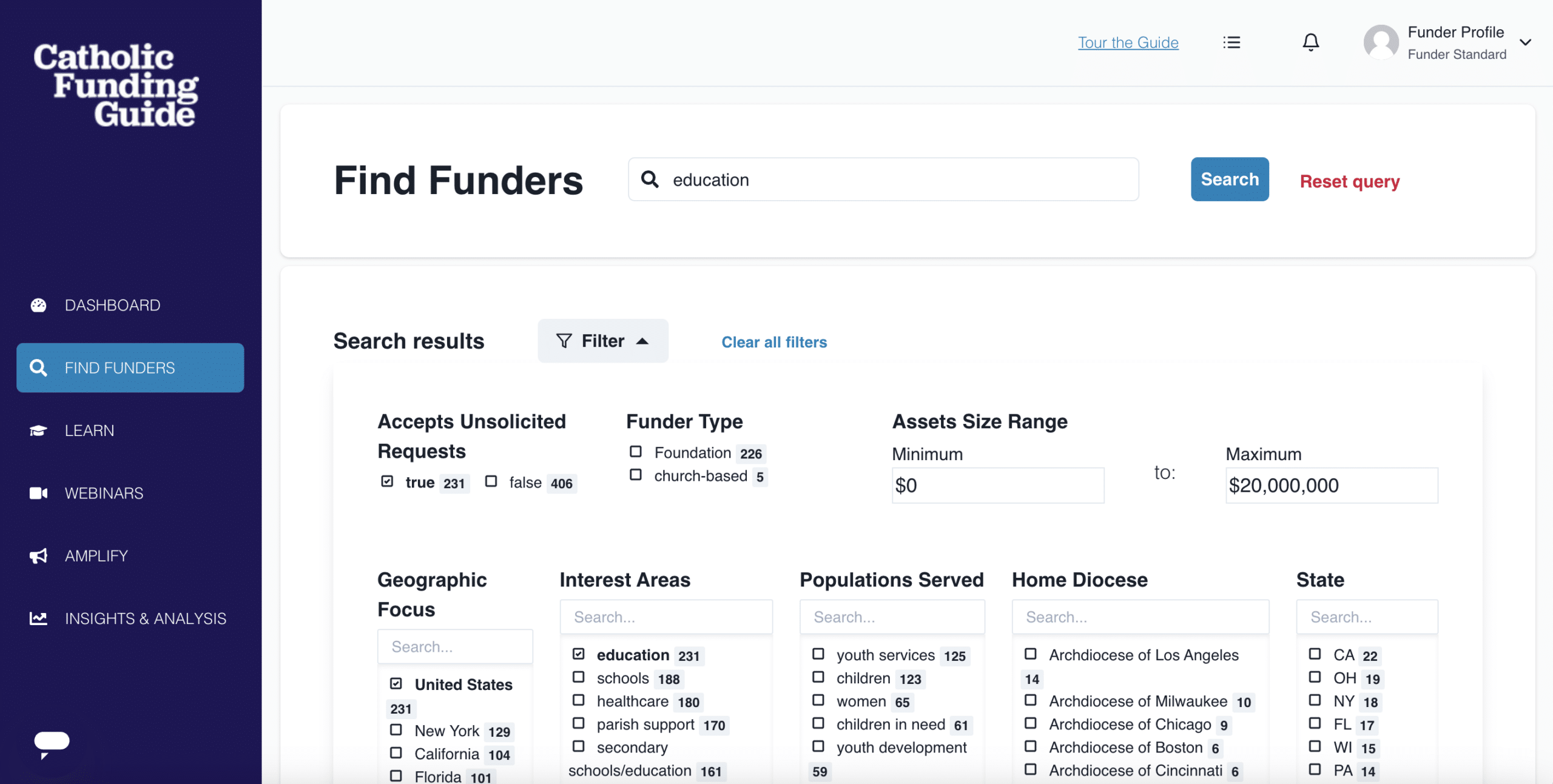The Board of Directors’ Role in Fundraising
As executive leaders in your organization, the board of directors generally participates in multiple aspects of fundraising, from solicitation to implementing donations. There are four primary fundraising responsibilities that board members are generally expected to uphold.
1. Financial Leadership Responsibilities
As the governing body of a nonprofit organization, the board of directors has significant responsibility. In cooperation with the organization’s Executive Director or CEO, they should set the vision and mission of the organization. This vital first step will determine the direction of the organization. Development staff depend on this to understand the needs of the organization and build a case for support.
The board of directors also holds a fiduciary responsibility for the organization, meaning that they are responsible for overseeing the organization’s financial wellbeing. This includes verifying that donated funds are used in accord with donor intent and in the best interests of the organization’s mission. With that in mind, board members should be vigilant and recognize their accountability to donors, both legally and ethically.
2. A Culture of Giving
As leaders committed to the mission and vision of the organization, board members should be willing to contribute to furthering the vision with their own resources. While not all board members will be wealthy and become major donors, board members should fund the work of the organization, within their means.
If board members are truly dedicated to your cause and your organization, they should be willing to contribute financially to further your work. Many boards have a policy requiring board members to “give” or “get” financial gifts for the organization. When board members are involved in fundraising or friendraising of any kind, their outreach efforts are much more effective when they can share that they, too, are contributing financially to your mission.
When board members are involved in fundraising or friendraising of any kind, their outreach efforts are much more effective when they can share that they, too, are contributing financially to your mission.
There are several ways to improve board member giving rates. Keep these points in mind as you determine your course of action:
- What is the board of directors’ overall engagement with your organization, and how can you create a meaningful experience for them? Board members who are more fully engaged with your organization’s mission will be more likely to see the need for their financial support.
- Development staff can run a board-focused giving campaign each year, asking each board member to consider their pledge or gift to the organization, and following up as needed.
- Consider implementing a change in bylaws to require board giving. The requirement can be precise or flexible to meet the needs of your organization. Some organizations only specify that board members should give at a level that is meaningful to them or that they would consider generous.
Fundraising within Their Network
Since board members are committed to your cause and have a responsibility to support your organization, part of their role is to reach out to those they know on your behalf. Some board members may be hesitant to ask others, especially personal connections, to give financially. Depending on their perspective, they may view this outreach negatively, as if they are asking them for a favor, begging, or inconveniencing them. For this reason, it is crucial that Board members understand what fundraising truly means.
Present giving as an opportunity to participate in the Lord’s work, and help your Board members to gain that understanding. You might invite them to consider why they believe so strongly in your organization’s mission and why they are willing to give of their own time and resources so that your organization can succeed.
Once board members view fundraising through a new lens, you can provide opportunities for them to reach out to their network. board members can invite their network to events, solicit event sponsorships from the companies where they work, and more.
Invite your board members to consider if anyone in their network may be interested in the work of your organization and capable of providing significant resources to further your mission. If so, ask if you could be introduced over lunch or coffee.
Fundraising in Other Ways
In one of our subscriber-exclusive webinars, Tara Doyon, Director of Operations and Senior Consultant with Petrus Development, shared another idea for how to engage Board members in the work of fundraising.
Cultivating and Thanking Donors as Part of Fundraising
Board members can also play a role in cultivating donor relationships. Thanking donors is critical to fundraising, and a personal “thank you” can go a long way. For example, board members can support development staff in calling major donors to thank them for their contributions, either throughout the year or during a designated “thank-a-thon.”
On occasion, it may be appropriate to have a board member meet with donors or other funders. Having a board member in attendance can be especially helpful when they have a personal connection to the donor or when you need to convey that your organization has full support of the board for a specific project.
Encouraging your board of directors to fully understand and embrace their role in fundraising will bring immediate and long-term results for your organization. Visit our Knowledge Center for more fundraising advice and insights to share with board members and your whole team.



